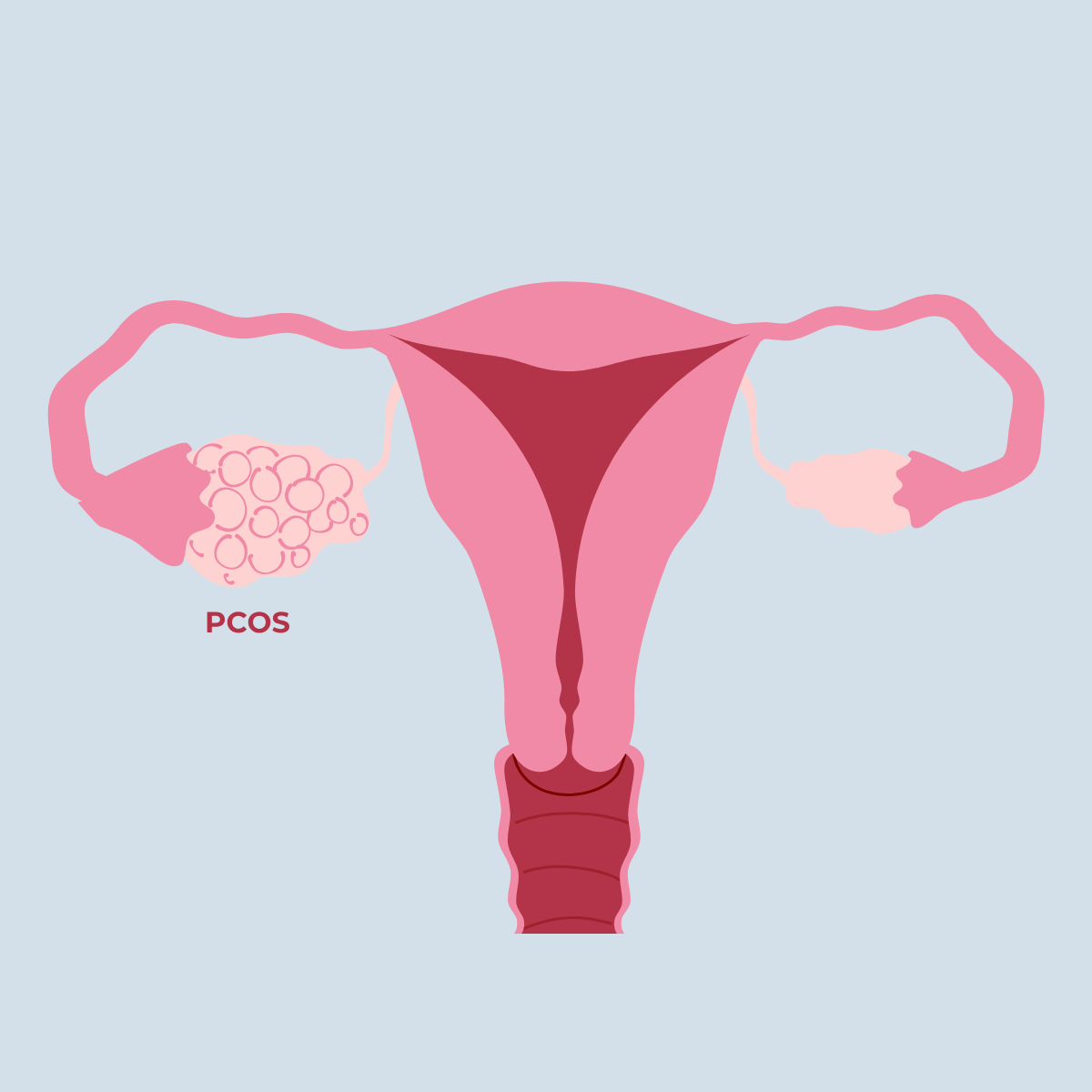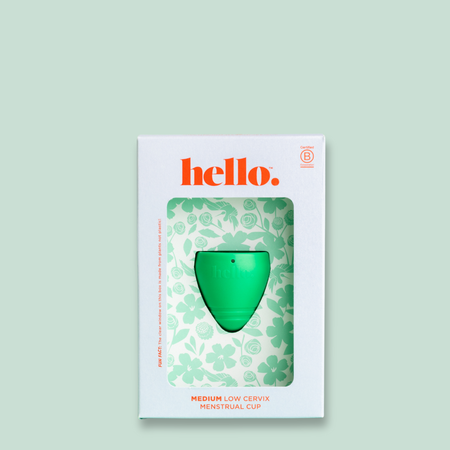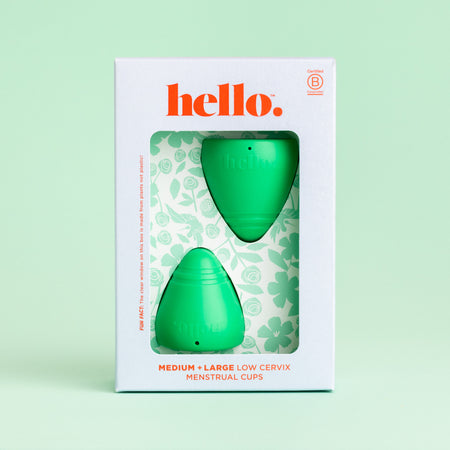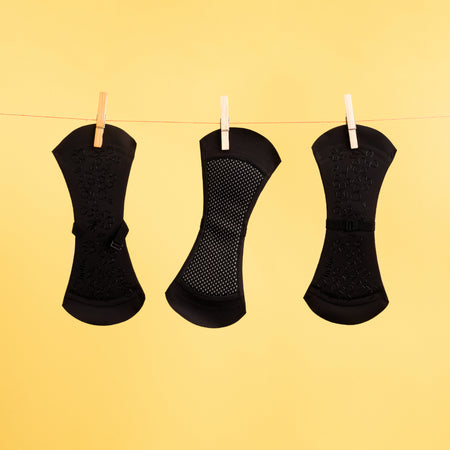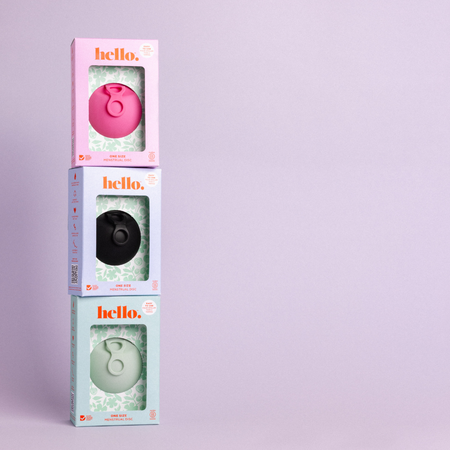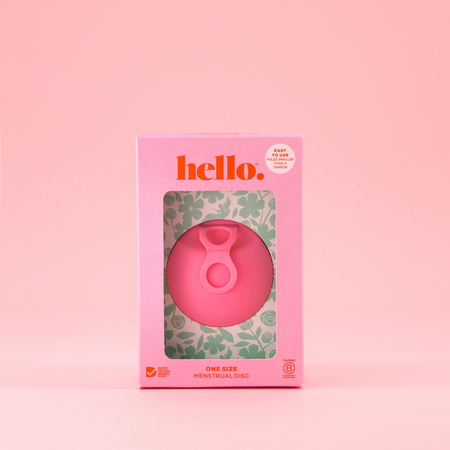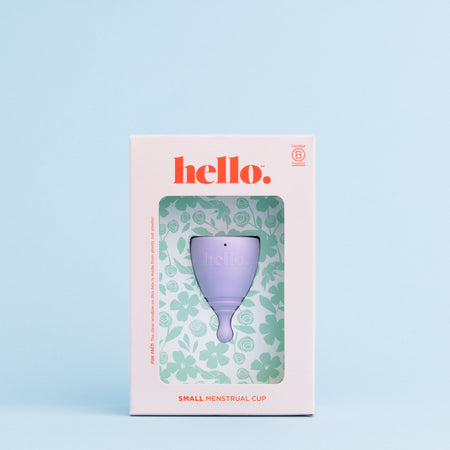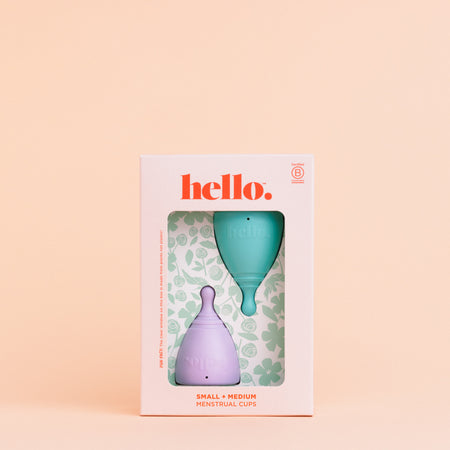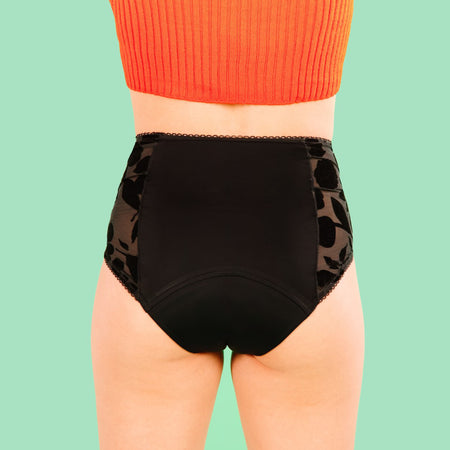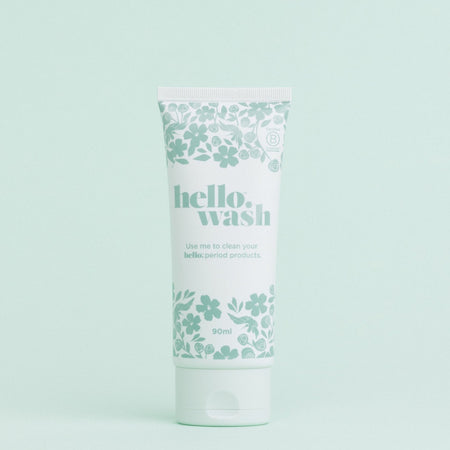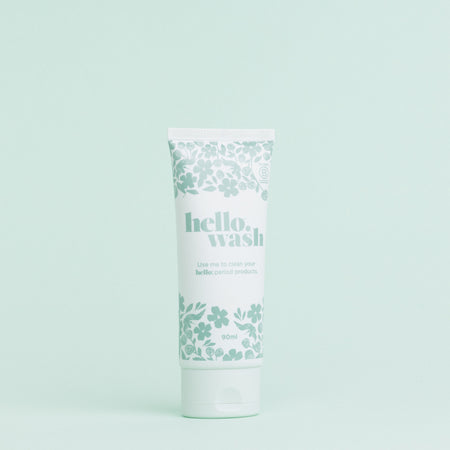Let's chat about something that's caught the attention of many on TikTok and beyond—titanium dioxide in tampons. If you’ve been scrolling through social media, you might have stumbled upon some heated discussions about this common ingredient. But what’s all the fuss about, and should we be worried? Stick around as we unravel the facts behind titanium dioxide, its presence in tampons, and what it means for your intimate health.
What is Titanium Dioxide?
Titanium dioxide is a naturally occurring mineral widely used in various products. It’s a common ingredient found in everything from cosmetics to food. This mineral is primarily used as a whitening agent and pigment. When you see something bright white—whether it’s sunscreen, toothpaste, or even a candy-like Skittles—it's often thanks to titanium dioxide.
Titanium dioxide can brighten and whiten products, making them more visually appealing. However, its use isn’t limited to just cosmetic enhancements. It’s also favoured for its UV-blocking properties, which is why you’ll often find it in sunscreens.
A Deeper Look at Its Uses
1. Cosmetics:
- Foundation
- Sunscreen
- Toothpaste
- Skittles
- Chewing gum
- Baked goods
3. Other Products:
- Paints
- Plastics
- Certain medications
Is Titanium Dioxide Found in Tampons?
Yes, titanium dioxide is found in some tampons. The discussion about titanium dioxide in tampons gained traction on TikTok, where users raised concerns about its safety. One viral video suggested that tampons containing titanium dioxide were causing ovarian cysts and other reproductive health issues. This sparked a flood of comments and questions from concerned users.
For those wondering, do all tampons have titanium dioxide? The answer is not every tampon contains this ingredient. It’s primarily used in the thread attaching the cord to the absorbent part for whitening purposes.
=> Maybe you'll be inrterested in: Chemicals in Period Products: What You Need to Know
What Are the Experts Saying?
Despite these claims, most experts agree that there’s no substantial evidence linking titanium dioxide in tampons to reproductive health problems. According to Business Insider, medical professionals and scientists assert that while titanium dioxide is used in tampons, the quantities are very low and unlikely to cause harm.
Does Titanium Dioxide in Tampons Cause Cancer?
This is a big question, and the short answer is no—there is no evidence that titanium dioxide in tampons causes cancer. Concerns about titanium dioxide generally stem from its inhalation rather than its presence in menstrual products. Research has shown that inhaling titanium dioxide particles can cause lung issues in animals, but this does not translate to the same risk when the compound is used in tampons.
Health Issues and Titanium Dioxide
1. Inhalation Risks:
- Studies indicate that inhaling titanium dioxide can lead to lung issues.
- This is not applicable to the use of tampons.
2. Regulatory Stance:
- Various health organizations state that titanium dioxide is safe in regulated amounts.
- Its use in tampons is minimal and meets safety guidelines.
For a more comprehensive breakdown, check out Cancer FactFinder.
How Do You Know If the Tampon You Are Using Is Safe?
Navigating through various brands and ingredients can be overwhelming, but there are ways to ensure you're using safe menstrual period products. First, always check the packaging and labels for transparency about ingredients. Brands like Hello Period prioritize clarity and safety, ensuring you know exactly what’s in your period products.
If you’re concerned about titanium dioxide, consider switching to tampons that are free from dyes, fragrances, and bleaching agents. Organic cotton tampons are a great alternative for those looking to minimize their exposure to synthetic chemicals.
Tips for Safer Choices
1/ Read Labels:
- Examine ingredient lists on product packaging.
- Opt for products that clearly disclose their contents.
2/ Conduct Research:
- Investigate trustworthy sources and read customer reviews.
- Consult health professionals for guidance if necessary.
- Select products that are ethically produced using high-quality materials.
3/ Explore Alternatives:
Experience Peace of Mind with Hello Period!
At Hello Period, we’re committed to providing safe, transparent, and effective menstrual products. If you’re asking, “is titanium dioxide safe in tampons?” rest assured that Hello Period tampons are free from unnecessary additives, including titanium dioxide. Our range of tampons, menstrual cups, and period underwear is designed to offer you peace of mind and comfort.
By choosing Hello Period, you’re not just getting high-quality products—you’re joining a community dedicated to menstrual health and education. We offer expert-curated selections, detailed product information, and a supportive community to help you make the best choices for your body.
FAQ
Before wrapping up the article, let’s address some common concerns about titanium dioxide in tampons and its potential impact on your health:
1. Are tampons made of 100% organic cotton better than existing brands?
A recent study conducted by researchers at Berkeley University revealed concerning findings regarding organic tampons. The study detected elevated levels of arsenic in these products, raising questions about the safety of materials used in their production. This has led many to ask: are organic tampons better than conventional options? While organic tampons are often marketed as a healthier alternative, the presence of arsenic—a toxic substance linked to various health issues—highlights the need for greater scrutiny and regulation in the manufacturing process. Consumers may want to consider these findings when making informed choices about feminine hygiene products, and it emphasizes the importance of transparency and safety in the health and wellness industry. Further research is needed to understand the implications of these findings and ensure that organic products meet rigorous safety standards.
2. Is titanium dioxide absorbed by menstrual blood?
No, titanium dioxide is not absorbed by menstrual blood. Its presence in tampons is minimal, and it is primarily used in the thread that attaches the cord to the absorbent part of the tampon. This makes it unlikely to enter the bloodstream.
3. How can you lower your exposure to titanium dioxide?
To minimise your exposure to titanium dioxide, consider sustainable options like menstrual discs, cups, period underwear, and reusable pads. These alternatives are free from added toxins and harsh chemicals, ensuring a safer choice for your body and the environment. Staying informed and selecting products with transparent ingredient lists is your best bet.
4. What if you are exposed to titanium dioxide because your tampons or pads contain it?
If your menstrual products contain titanium dioxide, rest assured that exposure levels are generally very low and tightly regulated. However, if you wish to avoid this ingredient altogether, consider choosing brands like Hello Period, which offers a selection of top-quality sustainable menstrual products on the market.
Conclusion
Understanding what’s in your menstrual products is crucial for making informed choices about your health. While titanium dioxide in tampons has raised concerns, current evidence suggests that it is safe in the small amounts used. However, if you’re looking to minimize exposure to synthetic chemicals, there are plenty of alternatives available.
At Hello Period, we’re here to support you with safe, transparent, and effective menstrual products. Join our community today and experience a positive, empowering approach to menstrual health. For more information and to get started with Hello Period, visit our website.
Remember, your menstrual health is important. Stay informed, stay safe, and choose products that make you feel comfortable and confident.
Disclaimer: Please be aware that we are not healthcare professionals. Our content is for informational purposes only and should not be considered a substitute for professional medical advice, diagnosis, or treatment.







